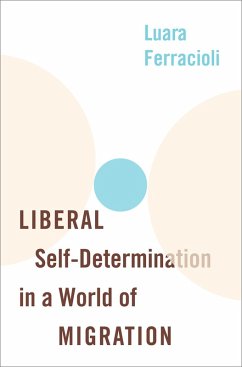
Structural Violence (eBook, PDF)
The Makings of Settler Colonial Impunity
Versandkostenfrei!
Sofort per Download lieferbar
15,95 €
inkl. MwSt.
Weitere Ausgaben:

PAYBACK Punkte
8 °P sammeln!
Enduring social inequalities in settler colonial societies are not an accident. They are produced and maintained by the self-repairing structural features and dynastic character of systemic racism and its intersecting oppressions. Using methods from diverse anticolonial liberation movements and systems theory, Structural Violence theorizes the existence of adaptive and self-replicating historical formations that underwrite cultures of violence in settler colonial societies. Corresponding epistemic forces tied to profit and wealth accumulation for beneficiary groups often go untracked. The acco...
Enduring social inequalities in settler colonial societies are not an accident. They are produced and maintained by the self-repairing structural features and dynastic character of systemic racism and its intersecting oppressions. Using methods from diverse anticolonial liberation movements and systems theory, Structural Violence theorizes the existence of adaptive and self-replicating historical formations that underwrite cultures of violence in settler colonial societies. Corresponding epistemic forces tied to profit and wealth accumulation for beneficiary groups often go untracked. The account offered here argues that these epistemic forces play a central role in producing and maintaining massive health inequalities and the maldistribution of disease burdensincluding those associated with sexual violencefor marginalized populations. It upends the widespread view that structural racism can be dismantled without addressing gendered violence. It also advocates for a theory of change rooted in reparative action and models of structural competency that respond to the built-in design of structural violence and the ecosystems of impunity that allow it to thrive.
Dieser Download kann aus rechtlichen Gründen nur mit Rechnungsadresse in A, B, BG, CY, CZ, D, DK, EW, E, FIN, F, GR, HR, H, IRL, I, LT, L, LR, M, NL, PL, P, R, S, SLO, SK ausgeliefert werden.













